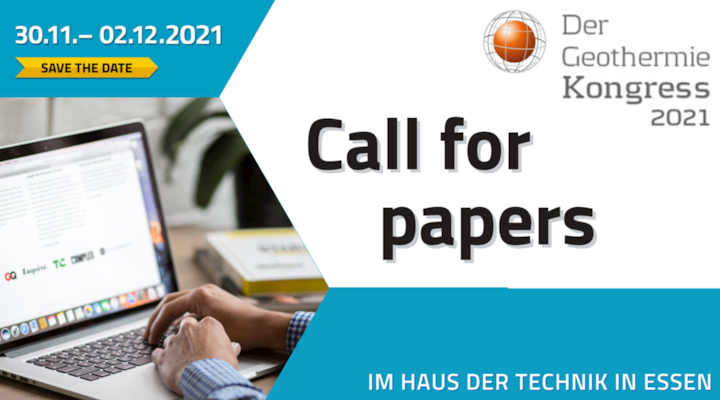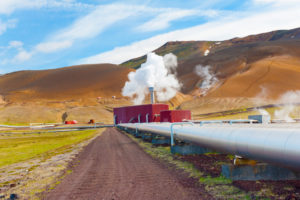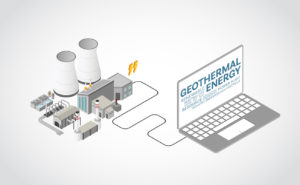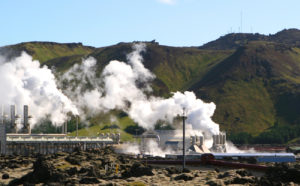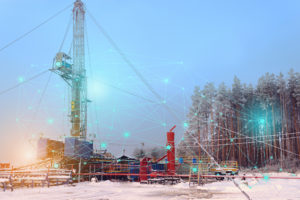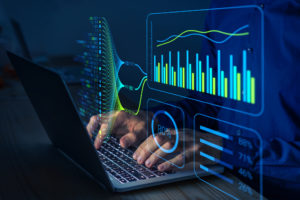The annual German Geothermal Congress/ Der Geothermiekongress (DGK) was held from 30 November to 2 December 2021. The German Geothermal Association decided not to hold the Geothermal Congress 2021 as a face-to-face event, but to hold it digitally instead due to COVID-19 restrictions then. DGK is Germany’s largest and most important specialist congress on geothermal energy.
“Geothermal energy can transform heat!” -with these strong words, Helge-Uve Braun, the then President of the Federal Geothermal Association, made it clear in his opening keynote that it was finally time to dig up the treasure beneath our feet: “Now it’s time it is up to politicians to shape the political framework for the heat transition.”
With a call for papers, the German Geothermal Association invited interested scientists and projects to present their current scientific findings at the DGK. Young scientists were also invited to participate in the “Science Bar”. This poster competition offered the opportunity to present bachelor’s, master’s or doctoral theses on the topic of geothermal energy to a broad professional audience.
Henning Knauer, from the Fraunhofer Research Institution for Energy Infrastructures and Geothermal Systems IEG, presented a poster on “Deep Geothermal Drilling Optimization Using Artificial Intelligence Methods”, referring to the OptiDrill project. Henning presented the poster highlighting the contents on data collection and preparation, OptiDrill drilling database, model development for ROP prediction, and preliminary results.
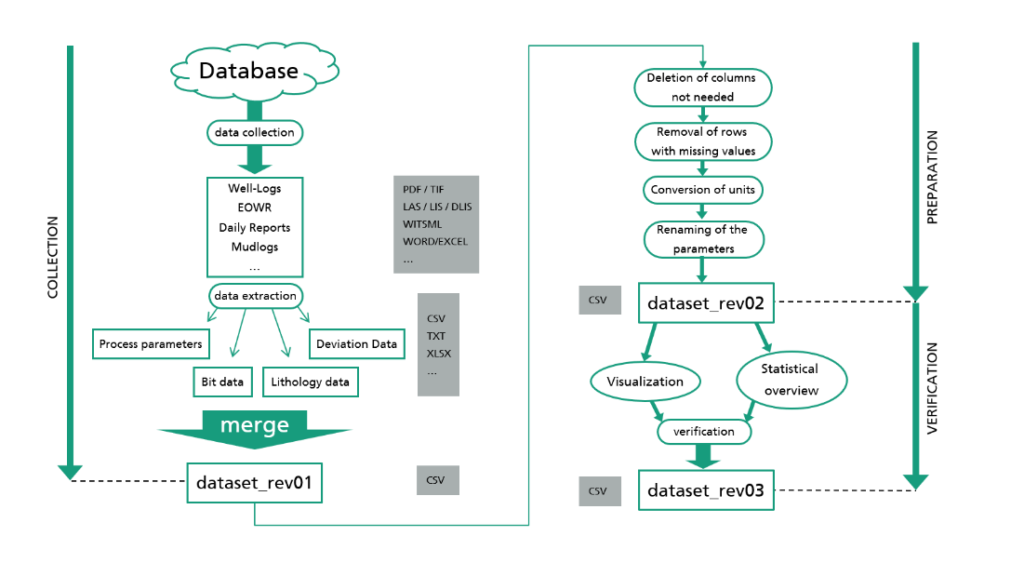
In 2021 there was a thematic diversity in the congress. In addition to the cross-cutting topics of sector coupling, legal framework conditions for the heat transition, heat pumps, and heat grids and storage, there were also specific focal points for deep and near-surface geothermal energy.
For deep geothermal energy, the focus was on exploration, material use, medium-depth geothermal energy, and the complex of reservoir development and management. In the area of near-surface geothermal energy, concepts for cost reduction and measures to increase efficiency, cold local heating networks, and neighborhood concepts were covered, as well as quality assurance and groundwater protection.
